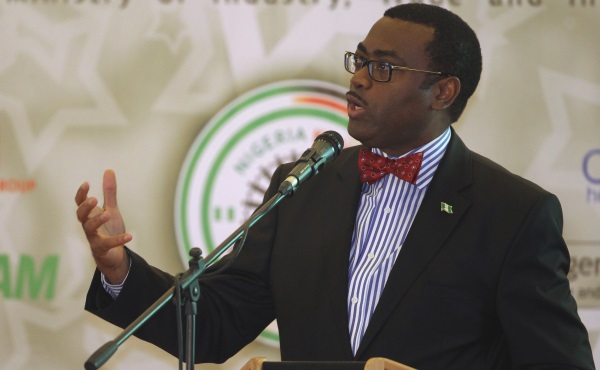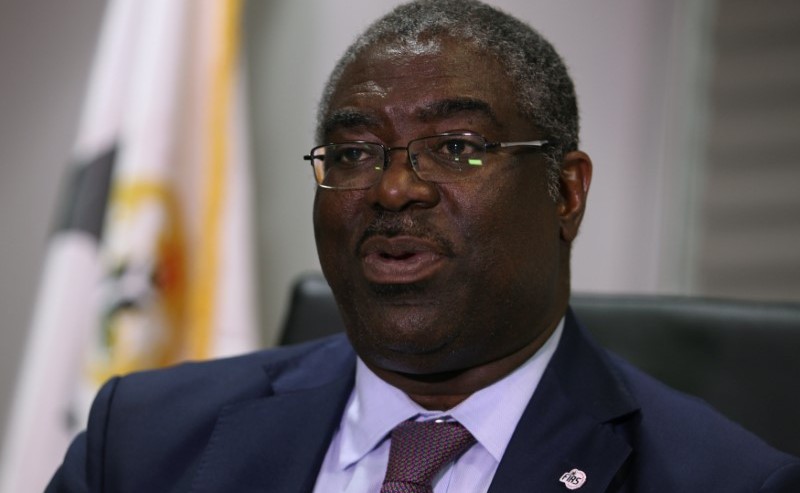To enable the Federal government draw on a wide arrange of expertise in progressing and developing the issuance of the country’s green bonds, the ministries of environment and finance have drawn some development institutions to serve on the Green Bond Advisory Group (GBAG).
The group is made up of development partners (World Bank, DfID, AfDB, and IFC), Capital Market Operators (Nigeria Stock Exchange, Capital Assets, Chapel Hill Denham and Stanbic IBTC) and Climate Bonds Initiative, London.
According to a document signed by Esther Agbarakwe, special adviser on strategic communications at the ministry of environment, the group had its first meeting in January of 2017 leading to a conference on green bonds in Lagos in February of 2017, where the acting president was a key note speaker.
GBAG remains the interface between the development partners and the capital market in ensuring the pilot issuance of the green bond happens in the third quarter of 2017.
Advertisement
Nigeria’s Debt Management Office (DMO), the issuing body, is employing a strategy to restructure federal government’s debt portfolio to replace short tenured bonds with long tenor and high rates with lower rates.
This strategy is said to include tapping into the international capital markets and a green bond issuance with the right framework will provide a credible platform to tap into the global market for green bonds.
According to the ministry, the London Stock Exchange (LSE) has indicated a willingness to participate in the green bond advisory group to provide necessary guidance to the FG to achieve this objective.
Advertisement
In line with the recently launched Economic Recovery and Growth Plan (ERGP), the green bonds will — in addition to having as its objective the meeting of some of the goals in the United Nations Sustainable Development Goals (SDGs) — will also fund projects which will impact population and improve livelihood.
In summary, the bonds will “deliver on the Nigeria’s Nationally Determined Contribution (NDC) will require a fundamental re-orientation of financial flows within the economy”.
“Capital will need to flow toward low-carbon, climate resilient opportunities and away from carbon intensive, polluting activities or those that exacerbate climate vulnerability leading to poverty, insecurity and reduced health quality.
“The issuance of the green bond will begin the process of green the federal budget and the capital market. It will also demonstrate to the global community Nigeria’s commitment to achieving its targets in the NDCs.
Advertisement
“For the FGs debt portfolio it adds to the cocktail of capital products that are being explored in ensuring resources are available to fund the FG annual budget.
“On a strategy level it provides a platform for DMO to achieve the objective of extending tenor of the FG debt portfolio and also reduce interest cost. It would also establish a framework by which sub nationals and corporate can tap into the green bond market.”
Advertisement
Add a comment







